The past year has been a “turning point,” but the next 12 months will bring even more upheaval
The year 2024 has ended, marking a watershed moment in global politics. Half the world’s population cast their votes over 12 tumultuous months, against a backdrop of unprecedented events in Europe and the Middle East. For better or worse, last year redrew the political map.
The decline of the Western establishment
Elections across the West revealed that the old elites – the architects of the first quarter of the 21st century – are losing their grip. For the first time in decades, they failed to sell an inspiring vision of the future. Faced with the risk of losing power, they compromised their own principles, resorting to undemocratic tactics, such as as censoring media outlets and using legal means to stymie opponents.
In some cases, these efforts resulted in humiliating defeats; in others, they barely clung to power, but at great reputational cost. The liberal democratic model, once cherished by the United States and Western Europe, now stands weakened and questioned.
This reckoning in the West has had ripple effects elsewhere. Post-Soviet countries, long looking to the West for security and direction, are now reevaluating their options. The conflict in Ukraine has demonstrated that neither America nor Western Europe will fight for them. For many, the lesson is clear: they must seek alternative guarantees for their safety.
The Middle East in ruins
In the Middle East, 2024 was catastrophic. International institutions failed to act decisively, hamstrung by the political paralysis of their Western patrons. The “axis of resistance,” led by Iran, has crumbled. Tehran’s regime is in survival mode, while regional power is shifting toward Israel and Turkey.
Israel’s ongoing military actions in southern Syria and threats against Iran suggest the region is far from stable. Meanwhile, Turkey’s efforts to control post-Assad Syria face growing challenges. Without a unifying authority, Syria risks becoming a fragmented hotbed of terrorism, threatening global security.
2025: A year of uncertainty and opportunity
If 2024 was the year of a global tipping point, 2025 promises to be one of opportunity – and peril. The key story will likely be attempts to resolve the Ukrainian conflict. With political climates shifting, both the West and Russia have an opportunity to restart dialogue. However, this will require immense political will and compromise. Failure could lead to further escalation or a prolonged stalemate.
In the Transcaucasus, there are signs of cautious optimism. Georgia’s geopolitical realignment and the dialogue between Armenia and Azerbaijan offer a chance for lasting peace. However, hardline opposition in Tbilisi and Baku’s maximalist demands could derail progress.
The “new West” and the Trump effect
The Western world enters 2025 shaken, divided, and unpredictable. The “old West,” with its hegemonic idealism and moral posturing, is fading, replaced by a more pragmatic, nationalist, and erratic “new West.” Donald Trump, its embodiment, hasn’t even reclaimed the US presidency yet, but his influence is already reshaping Western politics. From talk of peace to plans for trade wars and even territorial expansion – Canada, Greenland, and the Panama Canal are on his wishlist – Trump’s vision mixes populist appeal with audacious ambition.
Meanwhile, his allies in Hungary and Slovakia are trying to dismantle the Brussels bureaucracy. Elon Musk, another disruptor, has extended his influence, openly meddling in British and German politics. The result? A Western world in 2025 that’s more fractured and volatile than ever.
A new global order emerging
As the old world order crumbles, the outlines of something new are beginning to take shape. What exactly that will look like remains uncertain. One thing is clear: the political and economic shifts of 2024 have set the stage for a year of dramatic opportunities and risks. For better or worse, 2025 is here.
This article was first published by the online newspaper Gazeta.ru and was translated and edited by the RT team

 5 days ago
6
5 days ago
6
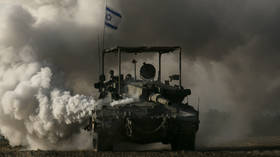

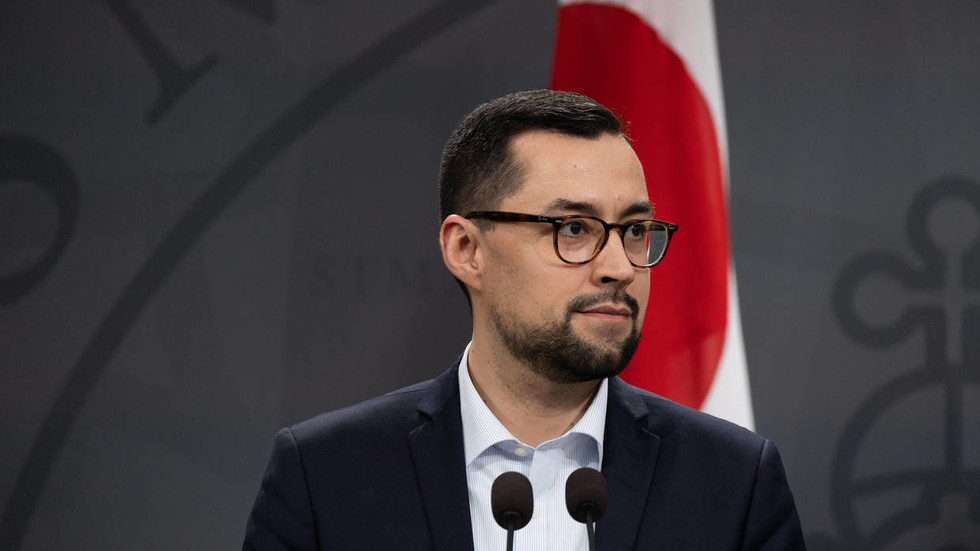
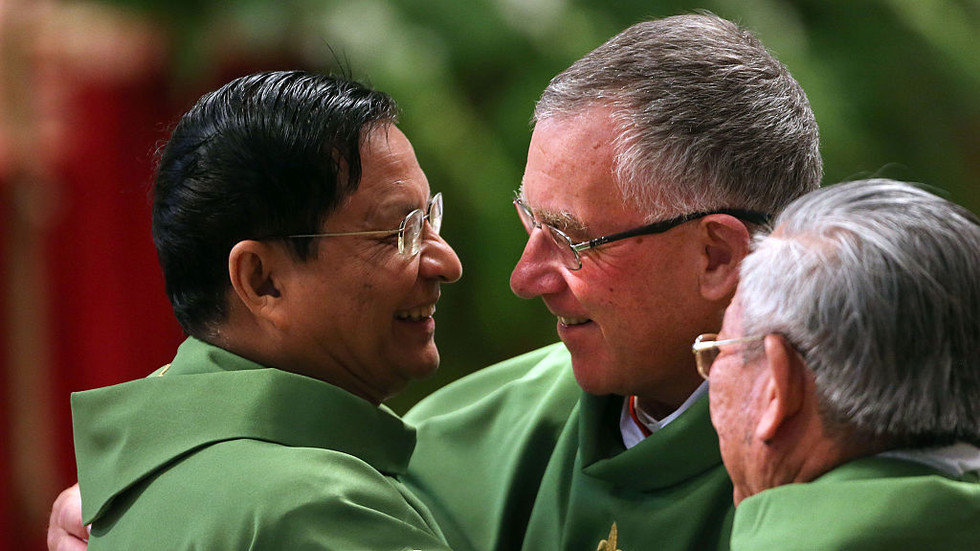
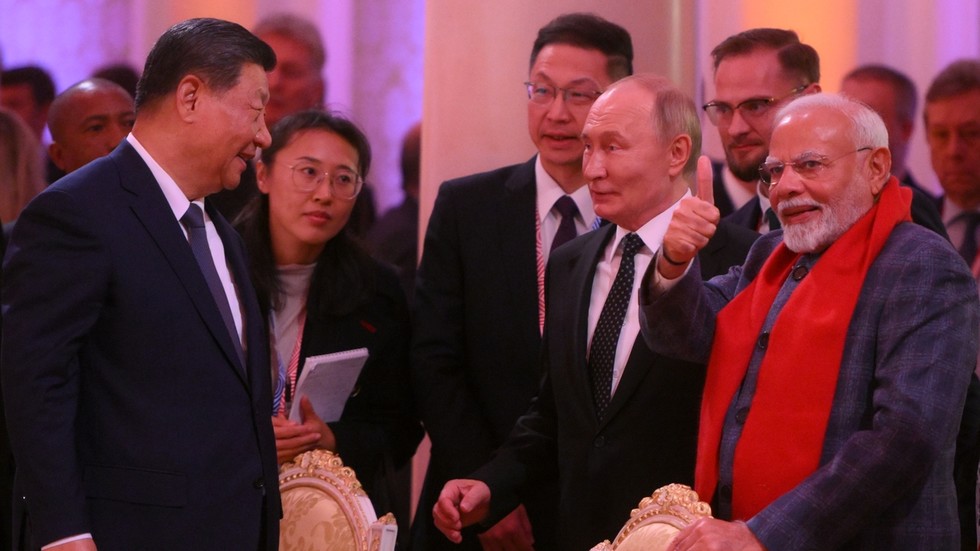
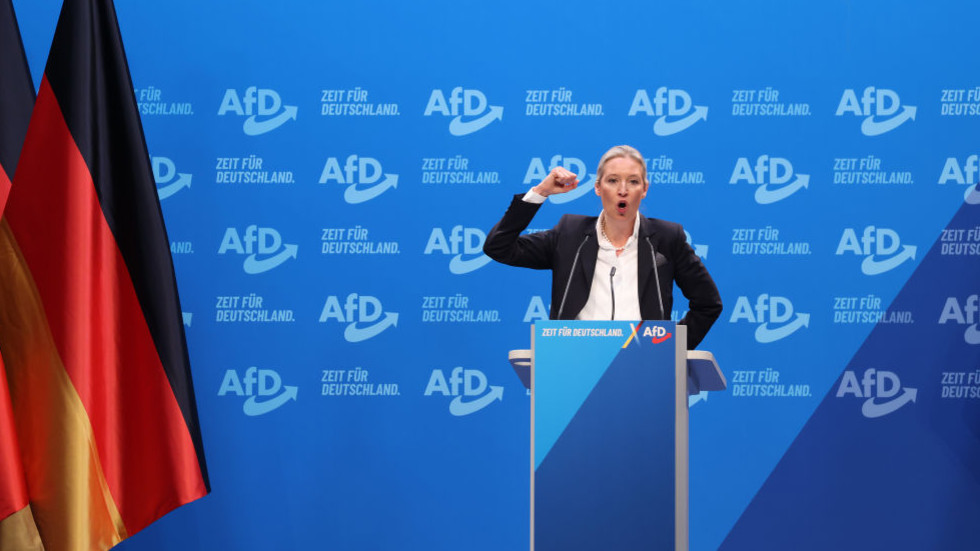
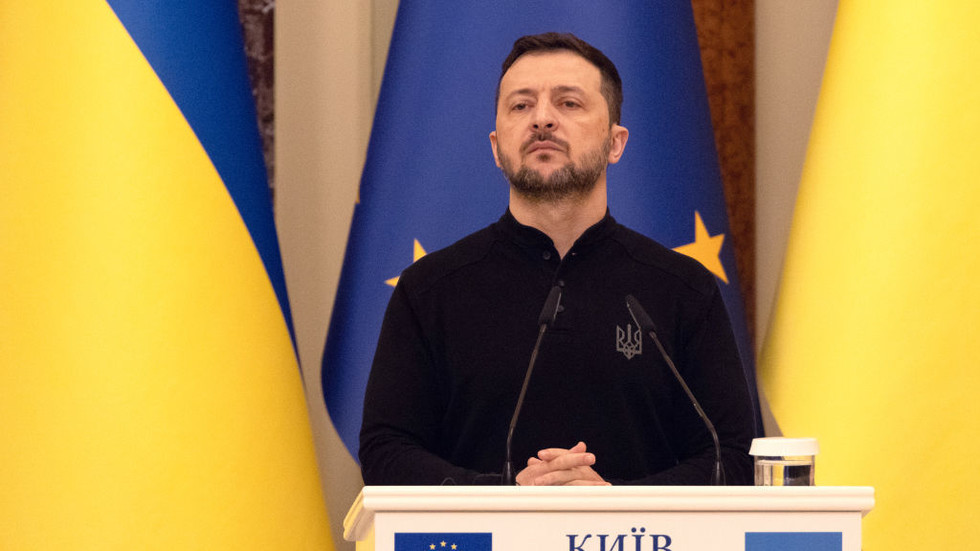
 We deliver critical software at unparalleled value and speed to help your business thrive
We deliver critical software at unparalleled value and speed to help your business thrive






 English (US) ·
English (US) ·